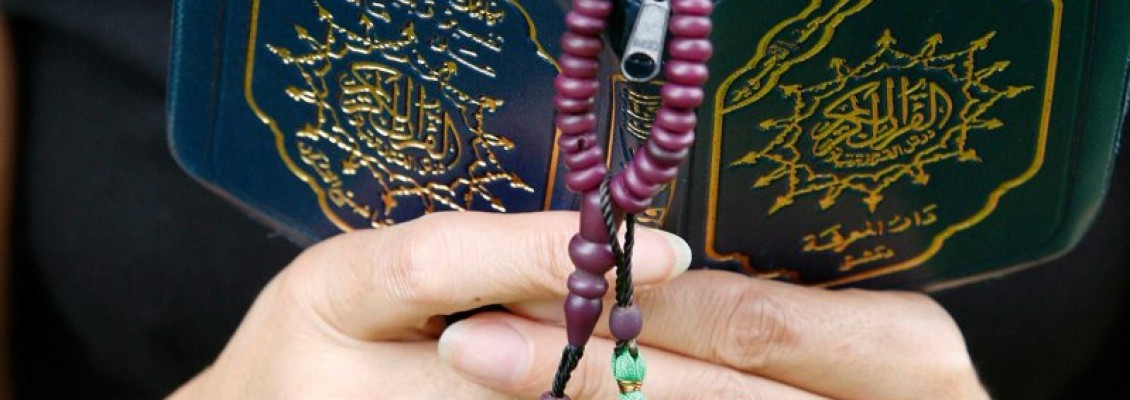
WOMEN SCHOLARS IN ISLAM
The Prophet (peace be upon him) said, “Seeking knowledge is obligatory upon
every Muslim.” Therefore, seeking knowledge and getting an education is a must
for every Muslim—and Muslim women are not an exception. Even though history
failed to record many of them, there were many female Muslim scholars and
scientists who specialized in hadith transmission, Islamic jurisprudence,
medicine, math, astronomy and so on.
Amrah bint Abdur Rahman was one of the most reliable hadith transmitters and jurists of her time.
She was the pupil of Aisha, who was the wife of the Prophet ﷺ. She was praised
for her knowledge and called “the ocean of knowledge” by Imam Ibn Shihab
al-Zuhri. When she heard that a judge misjudged a thief case, she immediately
intervened to carry out the justice. Her decision was not questioned by the
judge and it was carried out as she recommended.
Umm Darda was a companion of the Prophet ﷺ, an important hadith scholar and a judge
in the 7th century. In Damascus and Jerusalem, she gave lectures to men who
were imams, jurists and hadith scholars in mosques. One of her famous students
of Islamic jurisprudence was the 5th Umayyad caliph Abd al-Malik ibn Marwan,
who ruled an empire stretching from Spain to India.
Rufaida Al-Aslamia was the daughter of a physician from whom she learnt the knowledge of
medicine. She was the first female Muslim nurse and surgeon. She founded the
first field hospital with the nurses she had trained, and they attended wars to
treat soldiers.
Fatima bint Muhammad al-Fihriya al-Qurashiya was the founder of one of the oldest
universities. She received a good education on hadith and Islamic
jurisprudence. After her father and husband died, she spent her inheritance on
the construction of a mosque in Fez, which became an education center. People
from all around the world came here to learn not only Islamic sciences but also
mathematics, astronomy, literature and foreign languages.
Mariam al-Asturlabi was an astronomer and maker of astrolabes. She developed an astrolabe that
attracted a lot of attention in her time. She was called to the palace by the
ruler, who gave her his patronage to produce astrolabes. She managed to
calculate the latitude of celestial bodies.
Lubna of Córdoba was a scholar, a mathematician and a librarian. She was also famous for
her knowledge of grammar and the quality of her poetry. Thanks to her
abilities, she was put in charge of the library of the palace. She contributed
to the creation of the famous library of Medina Azahara by collecting more than
500,000 books in the library.

Leave a Comment